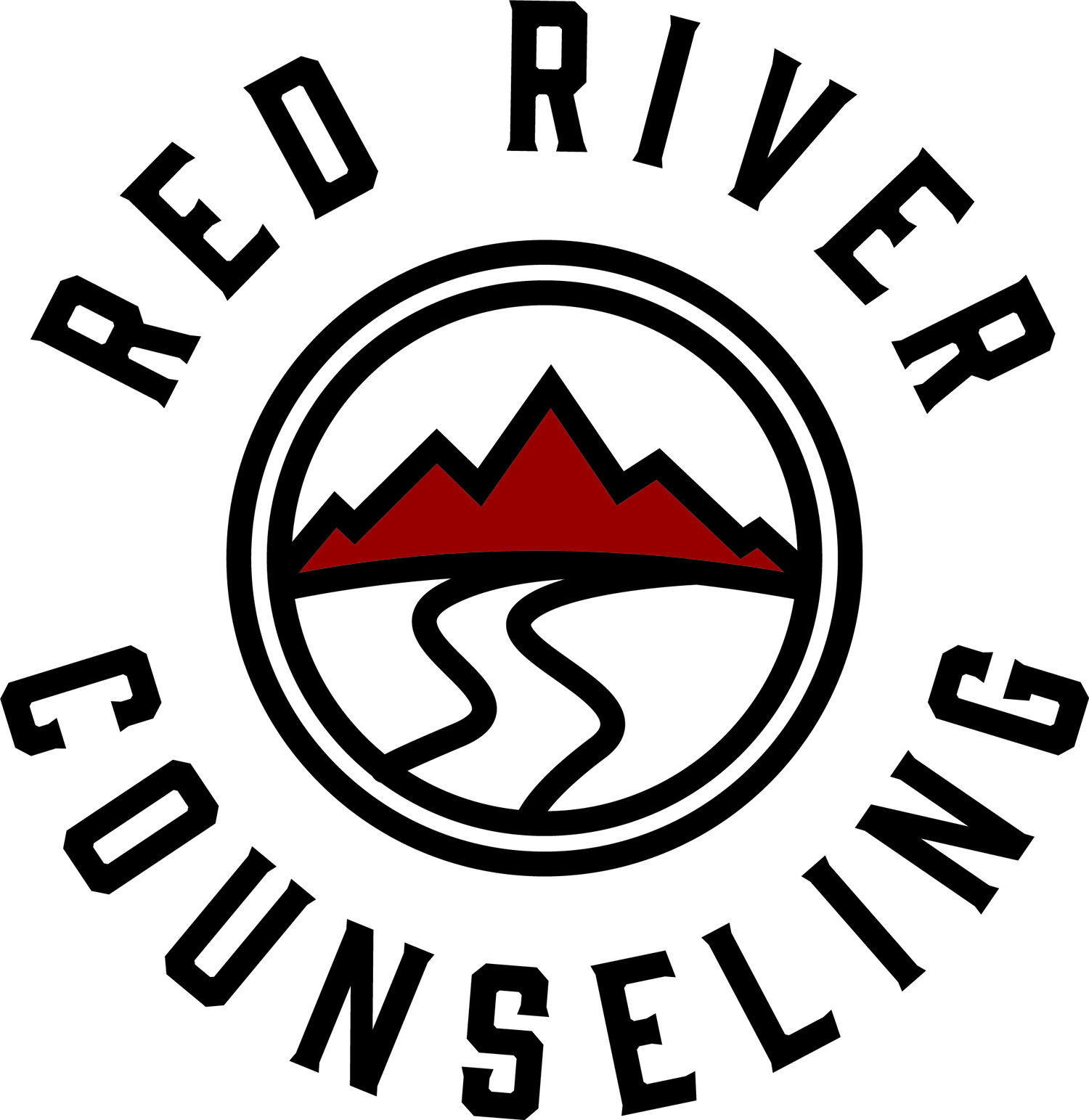What should you expect in your first session of counseling?
Starting counseling can feel like stepping into the unknown. Whether you're seeking support for anxiety, depression, relationship issues, grief, or simply a desire for personal growth, it's natural to feel a mix of emotions—hope, nervousness, curiosity, and maybe even a little fear. At Red River Counseling, we want to make sure you know what to expect when beginning your counseling journey, so you can feel more confident and prepared.
1. The First Session: Getting to Know You
Your first counseling session is primarily about laying the groundwork. Think of it as an introduction, not an interrogation. Your counselor will likely ask questions about your background, current challenges, and what you hope to gain from counseling. You don’t have to share everything all at once—go at your own pace. This session is also your opportunity to ask questions about your therapist’s approach, confidentiality, or anything else that might be on your mind.
2. Building Trust
One of the most important aspects of effective therapy is the trust between you and your counselor. You don’t need to feel a deep connection right away, but you should feel safe, respected, and heard. It’s okay if it takes a few sessions to build trust. If you ever feel like the fit isn’t right, know that it’s perfectly acceptable to seek out another therapist—finding the right match is key to meaningful progress.
3. Setting Goals Together
Counseling is a collaborative process. After the initial sessions, you and your therapist will work together to set goals based on what you want to achieve. These goals might be specific—like managing panic attacks or improving communication—or more general, like gaining insight into patterns or improving self-esteem. Having clear goals helps guide the therapy process and gives you a sense of direction.
4. How Sessions Work
Sessions typically last 45–60 minutes and occur weekly or biweekly, depending on your needs. You’ll talk about your thoughts, feelings, and experiences, and your therapist may introduce coping strategies, new perspectives, or tools to help you navigate challenges. Some sessions may feel emotional or even difficult, while others might be more reflective or solution-focused. Every session is a step forward, even when progress feels slow.
5. Growth Takes Time
Healing and growth are not linear. There might be times when you feel great progress and others when you feel stuck. This is completely normal. Counseling is about developing greater self-awareness, learning new ways to cope, and gradually making meaningful changes in your life. Give yourself the space to grow without judgment.
6. You’re Not Alone
Taking the first step to seek help is a courageous and empowering decision. At Red River Counseling, we’re here to support you every step of the way. You don’t have to have all the answers before you begin—just a willingness to explore, reflect, and move forward.
If you’re ready to start your journey or have questions about the process, we invite you to reach out. Counseling is not just for times of crisis—it’s a space for growth, healing, and building the life you want.

